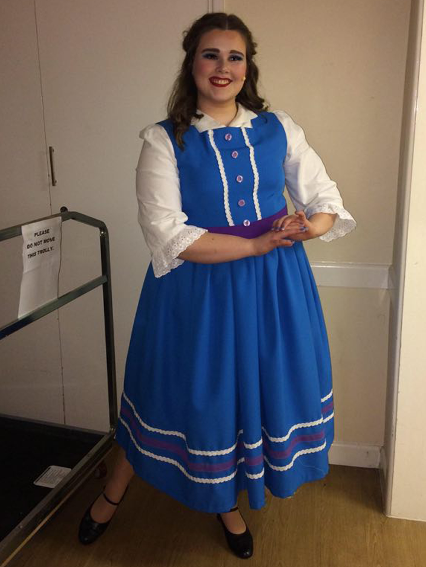



That feeling as you walk on to that stage, excitement, nerves or worry.
Which ever it may be you are sure to have a good time and be proud of your performance
It takes a lot of self belief to stand up in front of people you don't know and act as a different person, trying to remember your lines or a cue line and to stay in character.
So have you got what it takes to be on stage?

At WADS we try to give an equal opportunity to be on the stage in some way or another. Auditions are held and the directors and other committee members choose who they think would best fit the roles.
But even if you don't get a main part, this doesn't mean that you won't be on the stage when the curtain goes back, there are lots of other parts to be played with in a panto or any other performance.
The chorus makes up a lot of the cast in any performance. Without the chorus actors can look lost on a large stage by them self and it is a challenge in itself to act quietly while the main characters say their lines.
The Chorus need to learn dances and songs and be aware of when they need to be on and off stage. They tend to have a few more costume changes as well as they play multiple people from village folk to evil henchmen and many more.


© Copyright Wincanton Amateur Dramatic Society